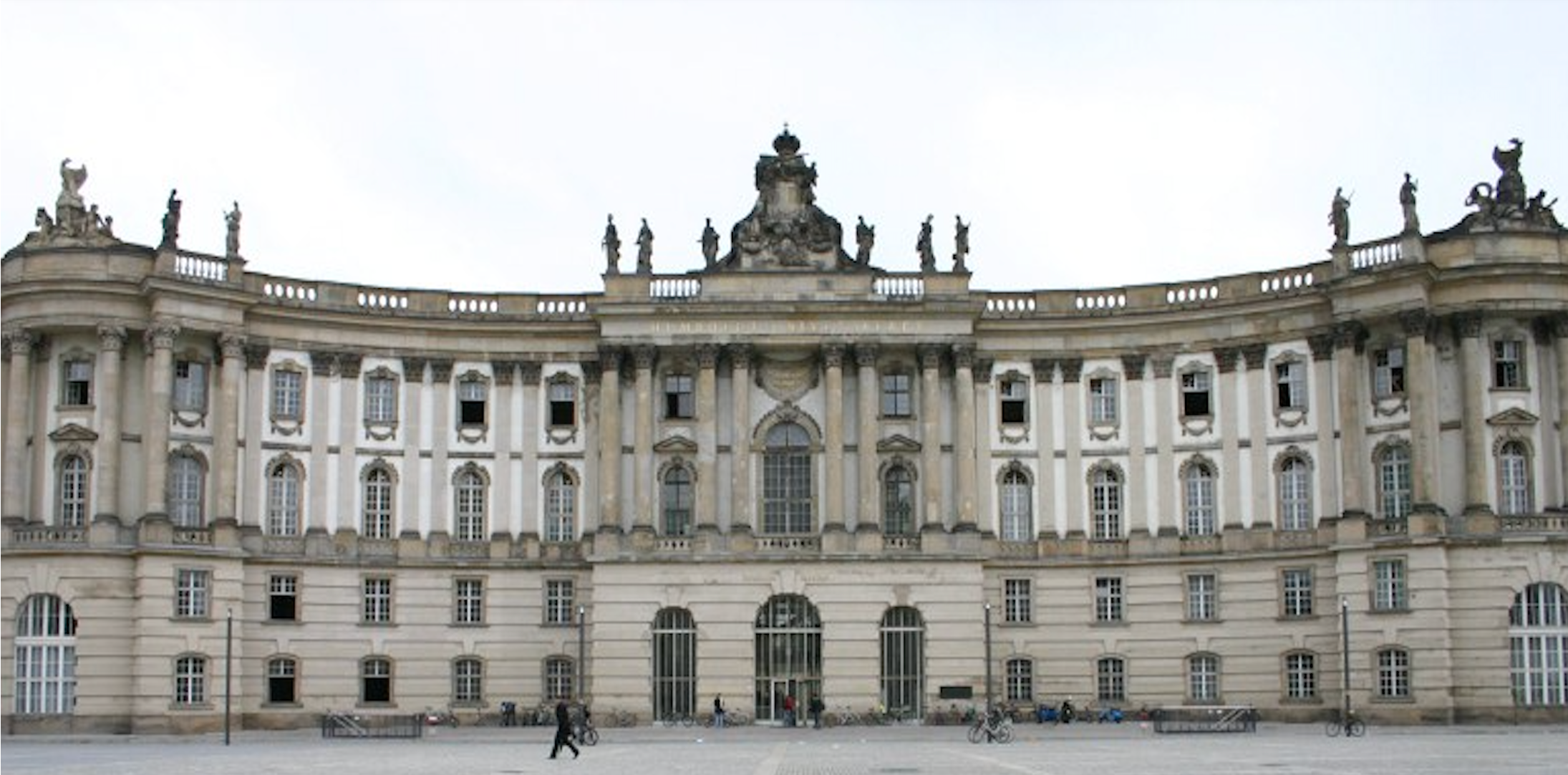Dr. Tom Christopher Pröstler (LL.M.) on New Technologies in Dispute Resolution, May-July 2022
As one of the elective courses offered by the IDR LL.M. 2021/2022 for the second semester, the IDR LL.M. students had the opportunity to select the New Technologies in Dispute Resolution course taught by Dr. Tom Christopher Pröstler, LL.M. (Sydney), partner at CMS working between the Berlin and Hong Kong offices.
The course consisted of six seminars covering the impact of new technologies over the legal market and, more precisely, over the traditional field of dispute resolution. In particular, Dr. Pröstler started the course with a diachronic approach, by going through the history of tech development in dispute resolution. Then, he moved on to examine the different types of new technologies which are relevant for dispute resolution and covered the areas of dispute resolution which are mostly impacted by them.
In the following lectures, Dr. Pröstler dealt with the counsel’s toolbox, namely the technologies that lawyers can use during the different phases of a litigation/arbitration proceeding, focusing first on the case preparation and presentation phases: in this respect, he talked about the use of contract automation as a tool for drafting dispute resolution clauses, data sharing and collaboration platforms as tools for factual case preparation. With regard to legal case preparation, he spoke about the use of case preparation platforms, mind-mapping tools and legal data bases. Lastly, he dealt with the tech tools used for submissions and case presentation, such as drafting and exhibit management software.
Dr. Pröstler then walked the students through the employment of technology in the submission, hearing, and decision phases: in this regard, he spoke about the functioning of the major case management platforms, virtual and hybrid hearings, and virtual hearing assistant services available on the market.
After covering the use of technologies in the traditional dispute resolution process, Dr. Pröstler talked about the new technologies operating in dispute resolution. More precisely, he addressed the use of blockchains, smart contracts and Online Dispute Resolution mechanisms. Following this lecture, Dr. Pröstler discussed the highly debated topic of whether a robot-judge, in the framework of the current status of technology, could at all be contemplated. Students were invited to draft an essay about this disputed topic.
In the concluding lecture, Dr. Pröstler went through the new dimension of technology in dispute resolution and focused on the disputes arising out of new technologies.
The course was very enlightening and useful, and it showed that even though law - as one of the oldest creations of mankind - has often been characterized as very traditional and resistant to innovation, technology has affected it almost transversally. The key take-aways from this course are: that mankind and technology function better together than alone, and that legal practitioners should always be up-to-date with tech development, as - on the one hand - new tools may be discovered which could be very helpful in performing legal services, and - on the other hand - it will bring more and more new challenges which they need to be prepared to face.
Giuseppe Spatocco, IDR LL.M. Candidate
